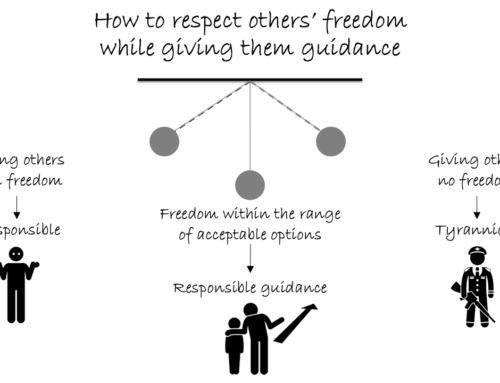Intellectuals sometimes feel alienated from scriptures due to what they feel are its inconsistent or illogical statements. As their intellect has been their guide and strength throughout their lives, they distrust anything that seems to require them to give up their intellect.
This common apprehension about scriptures is turned on its head by the Bhagavad-gita. The Gita (18.63) calls upon us to use all of our intelligence to deeply deliberate its message – and then to decide for ourselves our course of action. This bold call for intellectual investigation of its teachings is arguably as far as one can go from the conventional stereotype that scriptures require one to give up one’s intelligence.
Gita wisdom asks us not to give up the intelligence, but to go beyond the intelligence. Giving up one’s intelligence is required for those dogmatic beliefs that can’t stand a keen intellectual scrutiny. Going beyond the intelligence is required for those experiential systems of spiritual practice that offer us deep experiences that the intellect can’t reach. The trajectory of the Gita’s message goes as far as our intellect goes, meaning that its wisdom stands sustained intellectual scrutiny. But then the Gita’s trajectory surpasses the farthest reach of the intellect – and goes further into the realm of individualized experience.
Analysis is the forte of the head and experience, the forte of the heart. When we offer our heart to Krishna,our spiritual vision gradually awakens, thereby offering us experiential realization about how the seeming inconsistencies actually point to majestic higher-level truths.
Thus, instead of asking us to give up our head to reach our heart, as do many belief systems, Gita wisdom goes through our head to reach our heart.
Bhagavad Gita Chapter 18 Text 63
“Thus I have explained to you knowledge still more confidential. Deliberate on this fully, and then do what you wish to do.”



Leave A Comment